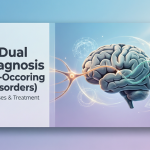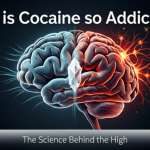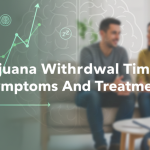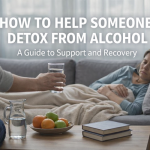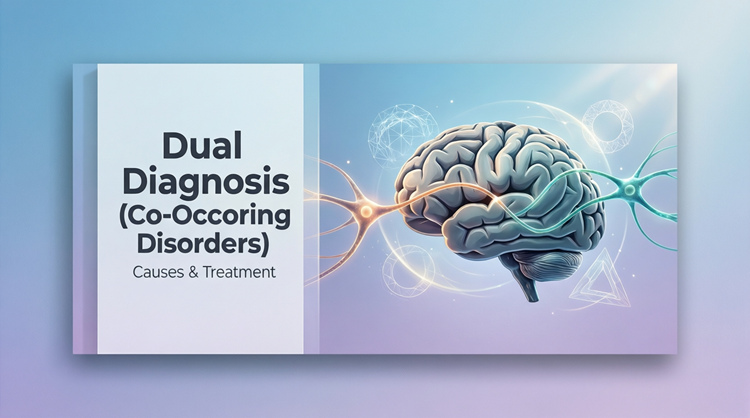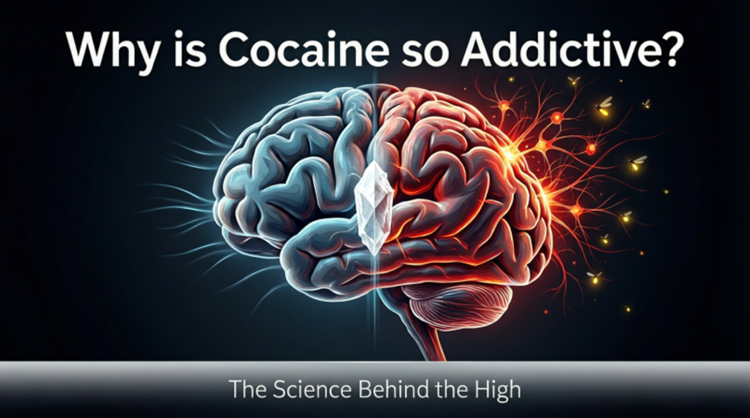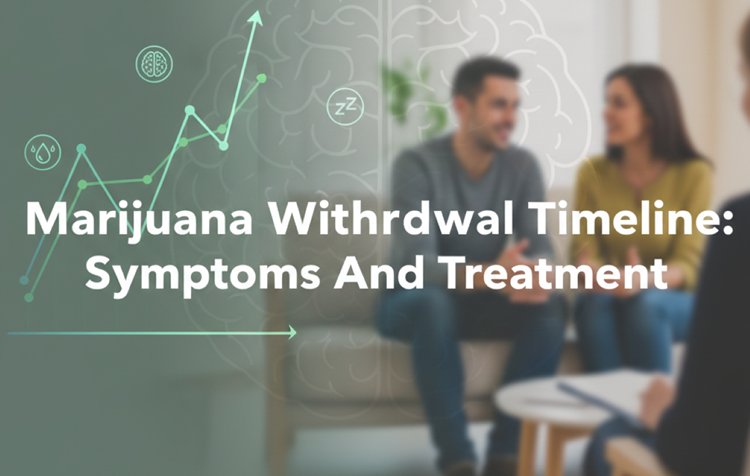Anxiety is something we hear a lot about. This is most likely because anxiety disorders are the most frequent mental health problem in the United States, impacting almost 40 million individuals each year. Even though anxiety disorders are extremely curable, estimates reveal that only a small percentage of those suffering seek help from an anxiety treatment clinic.
However, as compared to persons who do not have anxiety problems, those who do are substantially more likely to seek medical attention since anxiety has various bodily manifestations that might have serious effects on your physical health. Anxiety may be harmful to your health in the long run.
We at DeLand Treatment Solutions recognize the long-term impact of anxiety disorders and have designed treatment solutions to help you or a loved one get back on track. Call (386) 866-8689 to speak to a mental health professional immediately.
What you should know about Anxiety Disorders
Anxiety is a response to the production of stress hormones, which are important in our normal fight-or-flight response to threats. When we are anxious, our bodies release adrenaline and cortisol, which keep our senses and reflexes alert so that we can respond quickly and correctly. Hormone levels return to normal when the tension is relieved. When this natural mechanism fails, the chemical imbalance might lead to anxiety issues. Anxiety disorders are thought to be caused by a combination of genetic, biological, injury, and environmental factors.

Anxiety attacks are usually brought on by the prospect of a stressful situation. Excessive, persistent, and recurring concern or fear characterizes anxiety. Anxiety episodes can cause a wide range of symptoms, ranging from minor to severe. Anxiety attacks, on the other hand, frequently induce panic attacks, which appear quickly and powerfully and can generate an overpowering dread of dying or losing control.
Anxiety’s Short-Term Effects
Chronic, persistent anxiety jeopardizes our mental and physical health. When you have an anxiety attack, the immediate consequences are visible and include symptoms such as:
- Palpitations in the heart
- Having trouble breathing
- Lightheadedness
- Dizziness
- Nausea
- Headache
We recognize that experiencing anxiety symptoms may be frightening and that dealing with them can frequently feel overwhelming. But keep in mind that you are not alone, and there are tools available to aid you in your quest for greater mental health.
Long-term Effects of Anxiety
The long-term effects of persistent anxiety are less clear. According to studies, long-term exposure to the stress chemicals that pressurize the body during anxiety attacks causes several health risks, including:
- The risk of heart disease increases.
- Irritable Bowel Syndrome and Other Gastrointestinal Problems
- having regular migraines
- Weight gain or loss is important
- Weak immune system, muscle strain, causing pain in joints, skin and muscles
- Swelling and discomfort are more likely to occur.
A weakened immune system makes you vulnerable to viral infections and frequent illnesses, which may explain why people who suffer from anxiety are more likely to seek medical attention than those who do not. Are not victims. Additionally, individuals suffering from anxiety disorders are more likely to suffer from co-occurring illnesses such as depression and substance abuse.
The long-term impacts of worry on the body are enormous, and if untreated, can lead to a slew of other health issues. Chronic anxiety not only has an emotional impact, but it may also lead to physical maladies such as cardiovascular disease, chronic respiratory disorders, and gastrointestinal difficulties, emphasizing the critical need to get aid and intervention as soon as possible.
How Should Anxiety Disorders Be Managed?
Although the specific origins of anxiety disorders are unknown, research suggests that genetic characteristics, trauma, underlying medical difficulties, extreme stress, and substance use disorders may all play a role. How you manage your anxiety depends on the intensity of your anxiety and how it affects your everyday functioning.
Lifestyle adjustments are a highly effective way to treat moderate anxiety symptoms. Getting enough sleep, eating a nutritious diet, exercising, adopting mindfulness practices, limiting or avoiding substance use, and taking prescription medications are all examples of lifestyle improvements.
An anxiety treatment program is the best option for moderate to severe anxiety. Medication and psychotherapy are used to control anxiety. We offer the following evidence-based therapies to help treat anxiety disorders at Deland Treatment Solutions:
Anxiety rarely goes away completely, but there is excellent medication available, and you can learn how to manage your symptoms.
Symptoms of Anxiety Disorder:
Emotional and mental symptoms:
Excessive worrying and thinking: This is the most common symptom, often about everyday things or future events. It can be difficult to control and may interfere with daily life.
Feeling constantly nervous or uneasy: You may feel as if you are “wound up” or unable to relax.
Fear and panic: You may experience intense fear or panic attacks even in seemingly safe situations.
Difficulty concentrating: Anxiety can make it hard to concentrate on tasks or remember things.
Irritability and frustration: You may get angry or frustrated easily even over small things.
Low mood and depression: Anxiety and depression often co-exist.
Negative thoughts: You may have negative thoughts about yourself, about others, or the future.
Sleep problems: Difficulty falling asleep or staying asleep along with anxiety are common.
Intrusive thoughts or flashbacks: These are unwanted thoughts or memories that may be linked to trauma or anxiety.
Physical symptoms:
Palpitations or pounding heart: Your heart may beat fast or irregularly.
Shortness of breath or hyperventilation: You may feel as if you are not getting enough air.
Muscle tension and headaches: You may have tension in your muscles, especially in your neck and shoulders, and may cause headaches.
Sweating and chills: You may sweat or feel chills even when you are not hot.
Nausea and dizziness: You may feel stomach pain or dizziness.
Fatigue and exhaustion: Anxiety can be exhausting and leave you feeling tired.
Tremors or tremors: You may experience shivering or trembling, especially in your hands.
Advantages of Professional Anxiety Treatment
Individuals seeking assistance in managing their anxiety symptoms may benefit greatly from an excellent anxiety treatment program. Among the most conspicuous advantages of professional anxiety therapy are the following:

To recover properly, you must address the underlying causes of your anxiety.
- Learning how to self-regulate, relax, and calm ourselves
- Creating new, healthier coping strategies to replace old, unhealthy ones
- Learning to perceive things differently to be less frightened
- Having expert assistance on your road to better mental health
Reaching out for assistance may be difficult, but doing so can drastically improve your mental health, offer you a new lease on life, and help you reclaim control.
Learn more about Anxiety Treatment at DeLand Treatment Solutions
Living with an anxiety disorder can be difficult psychologically and physically. Although you can’t escape anxiety, you can successfully address your symptoms with the anxiety treatment program at DeLand Treatment Solutions.
Without treatment, your anxiety problem will not go away and is likely to get worse over time. Additionally, if you rely on alcohol or drugs to ease your anxiety symptoms, you may develop concomitant substance abuse or addiction. We also provide drug addiction treatment for dual diagnosis at Deland Treatment Solutions. To learn more about the Anxiety Treatment Program, call (386) 866-8689 or fill out our online form.






